Transforming Conversational AI: Introducing ERA (Emotionally Responsive Assistant)
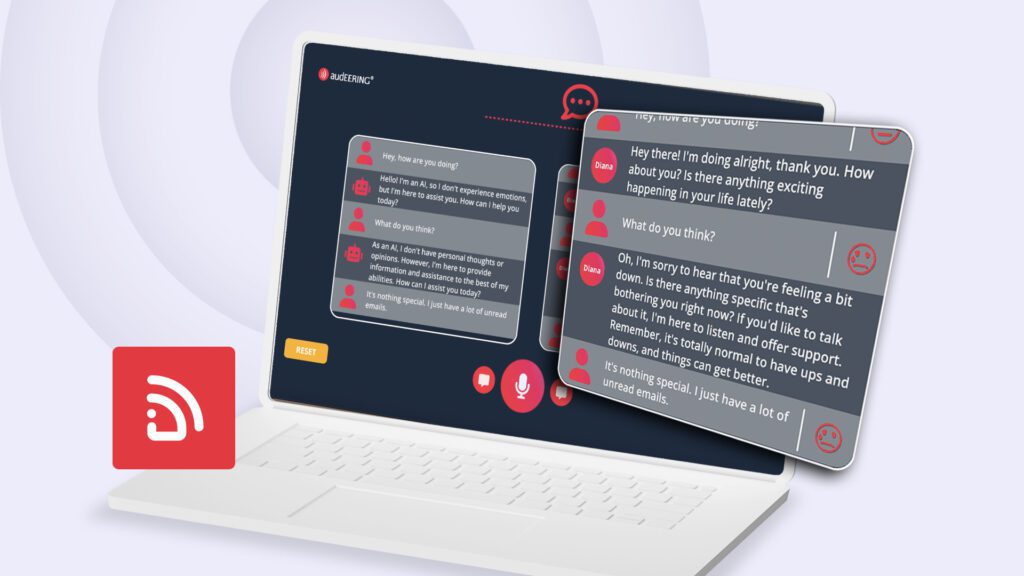
audEERING’s ERA demo showcasing the integration of Voice AI into conversational AI agents marks a significant milestone in the realm of affective computing. By enabling AI assistants to comprehend and respond to human emotional expression, this innovation revolutionizes our interactions with virtual companions.
devAIce® Web API 4.2 & 4.3 Updates – Exciting Additions to audEERING’s Web API
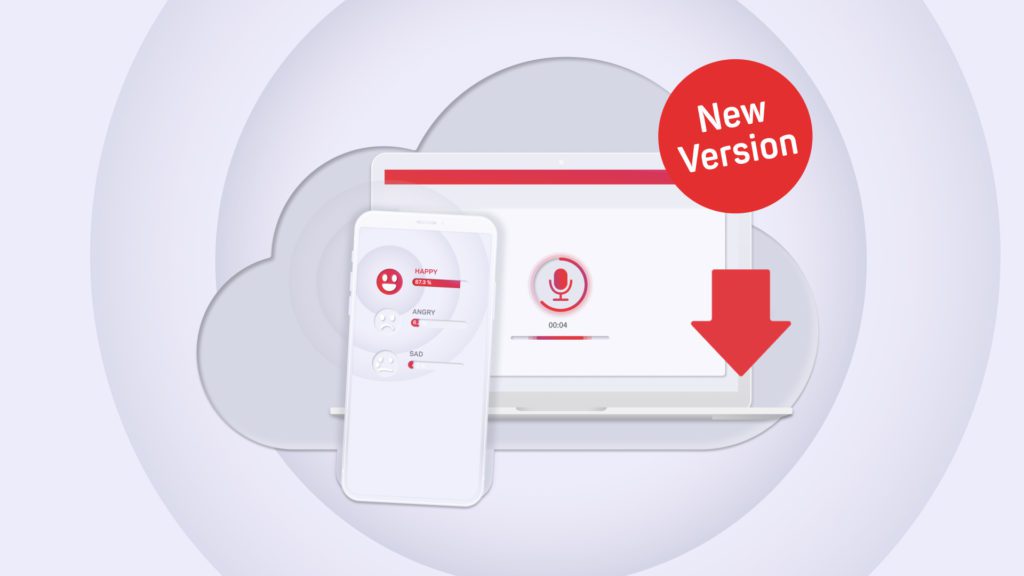
Following the recent SDK updates, we are thrilled to announce the latest enhancements in the devAIce® Web API versions. These updates bring a host of new features and improvements to empower developers in leveraging the full potential of our advanced technology. Let’s explore the exciting additions in devAIce® 4.2 and 4.3.
devAIce® SDK 3.8 and 3.9 Updates – New Powerful Module
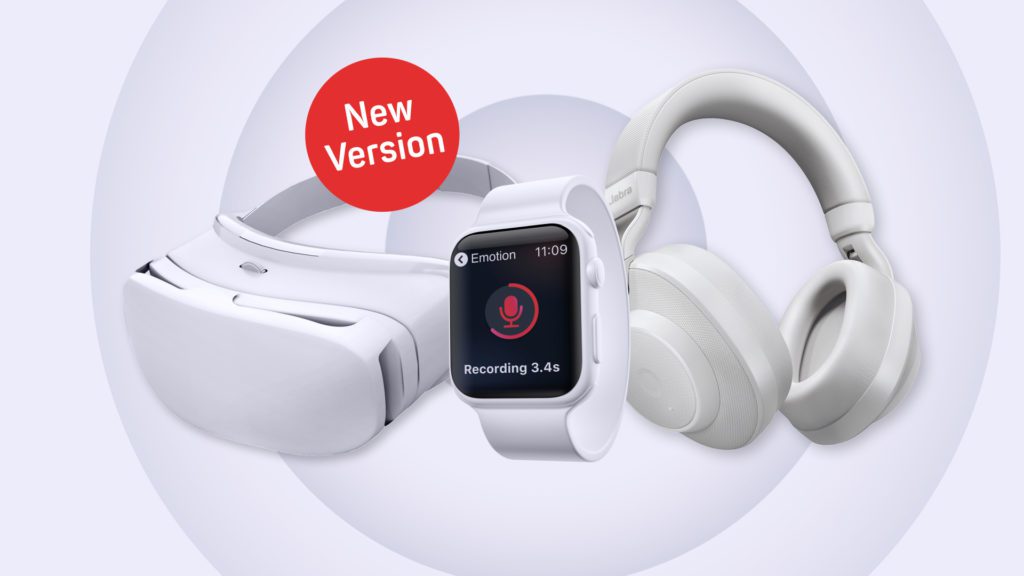
We are pleased to unveil the latest updates in devAIce® SDK 3.8 and 3.9, bringing substantial improvements and new features to boost your development experience. In this blog post, we will provide a comprehensive overview of the noteworthy enhancements introduced in these releases. This includes the introduction to our new module, which can be used to analyze audio quality.
Girls` Day 2023 – Promoting and motivating the next generation in the industry

The German action day, Girls`Day 2023 at our office. It is a nationwide career orientation day with the focus on making STEM subjects more popular an better known. As a voice AI comany we gave children insights into the world of programming with artifical intelligence.
SHIFT – Cultural Heritage transformation project kicks off under Horizon Europe
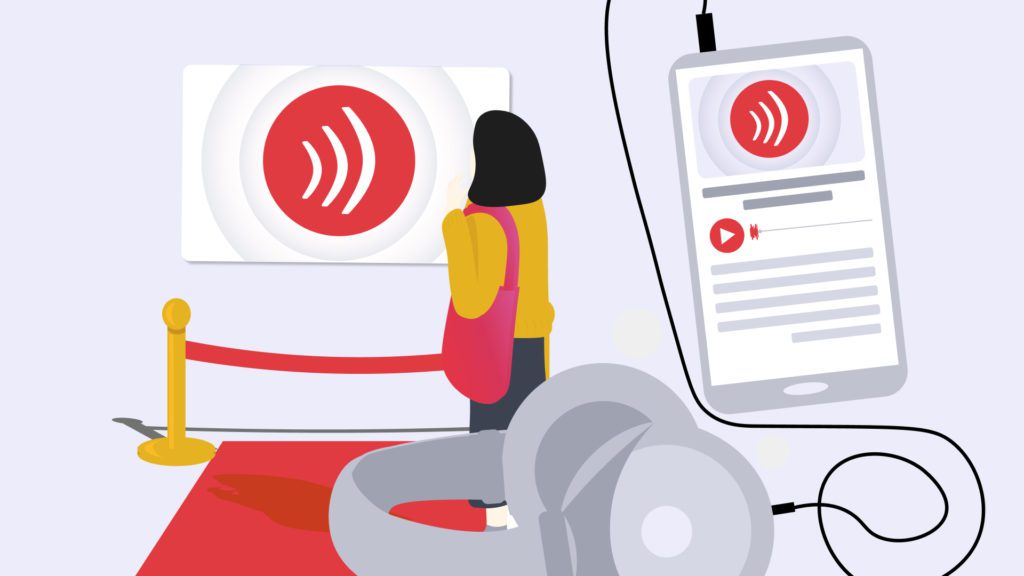
SHIFT: MetamorphoSis of cultural Heritage Into augmented hypermedia assets For enhanced accessibiliTy and inclusion supports the adoption of digital transformation strategies and the uptake of tools within the creative and cultural industries (CCI), where progress has been lagging.
audEERING is now participating in the SHIFT project with the goal of synthesizing emotional speech descriptions of historical exhibits. This will change the way one experiences a historical monument, especially for visually impaired people.
Human in the Loop – How Do We Create AI?
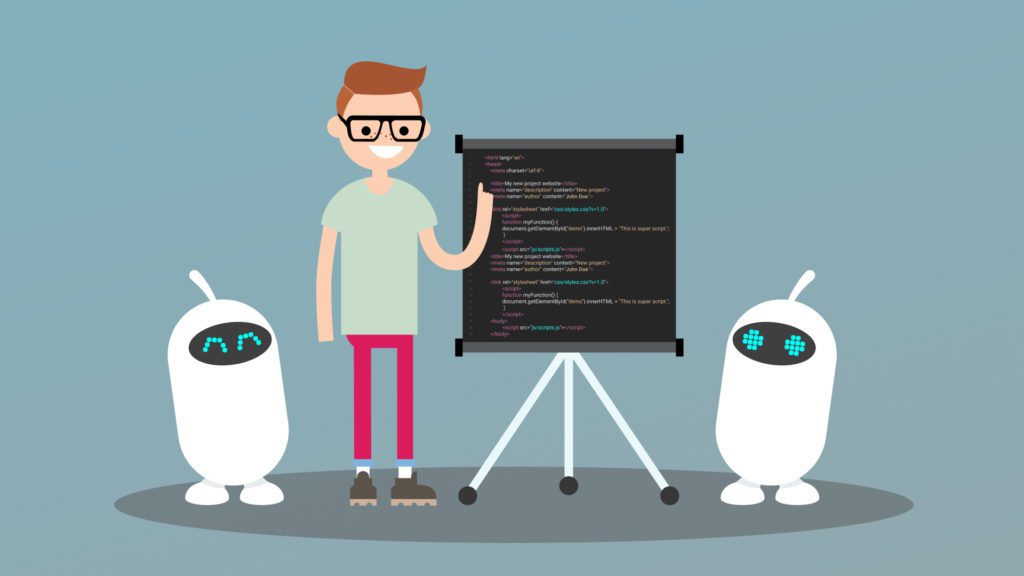
Developing AI technology as we do at audEERING, we need to understand our human perception. Everyday perception is enabling us to realize the emotional state of our communication partner in different situations. In the process of Human Machine Learning we need to give the algorithm essential input. How do we at audEERING create AI?
Transparent AI Part 4: AI Applications, Types and the AI Effect
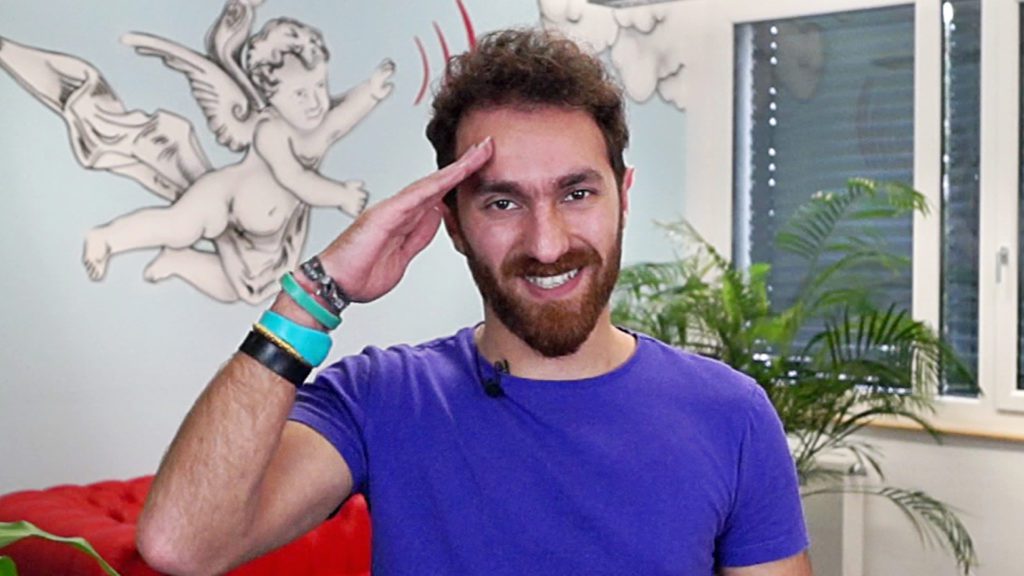
Here we are at the end of our series of Transparent AI with episode 4 of this series, talking about the applications of AI, types of AI, and the AI effect.
Transparent AI Part 3: Machine Learning and AI Processes
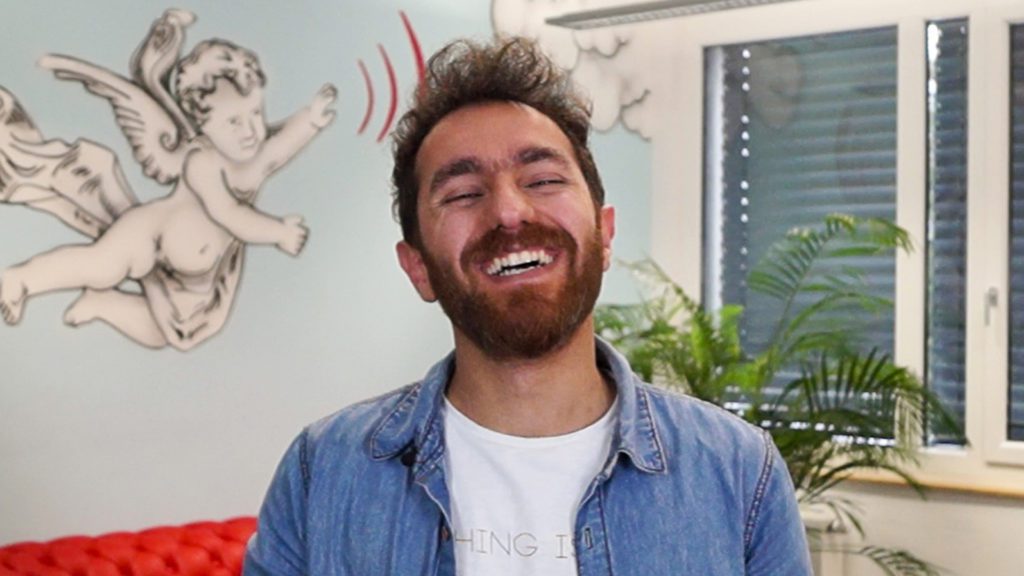
In the past two episodes, we clarified the definition, and we learned one of the common ways to model emotions. In this episode, we want to see what are machine learning and artificial intelligence and how can we use them to create an AI agent.
AI vs. Corona: Detecting Diseases from the Voice

What can AI do in the fight against the corona virus? Audio AI can really move the needle in medicine as the magazine Nature recently published. Diseases like Parkinson’s, depression and COVID-19 have one thing in common: They affect the way a person’s voice sounds.
Virtual Reality and Artificial Intelligence: Game Changers in The Health Sector
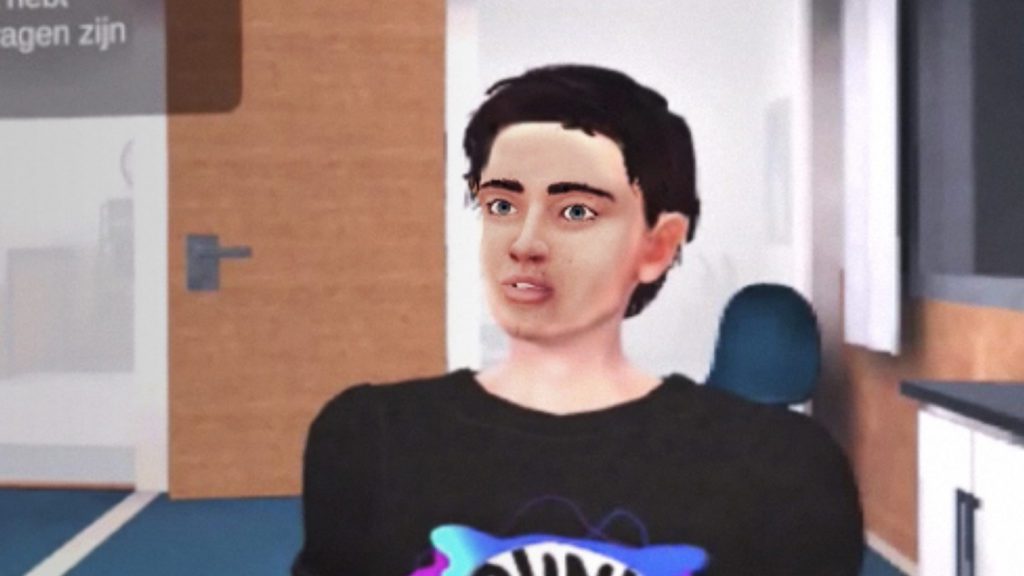
Virtual Reality and Artificial Intelligence can take the training of staff in hospitals to the next level. You wonder how? In this blog post we will show which amazing possibilities there are using those innovative technologies in the health sector with a current project in this field.
What AI has to say about: Game of Thrones: Battle of Winterfell
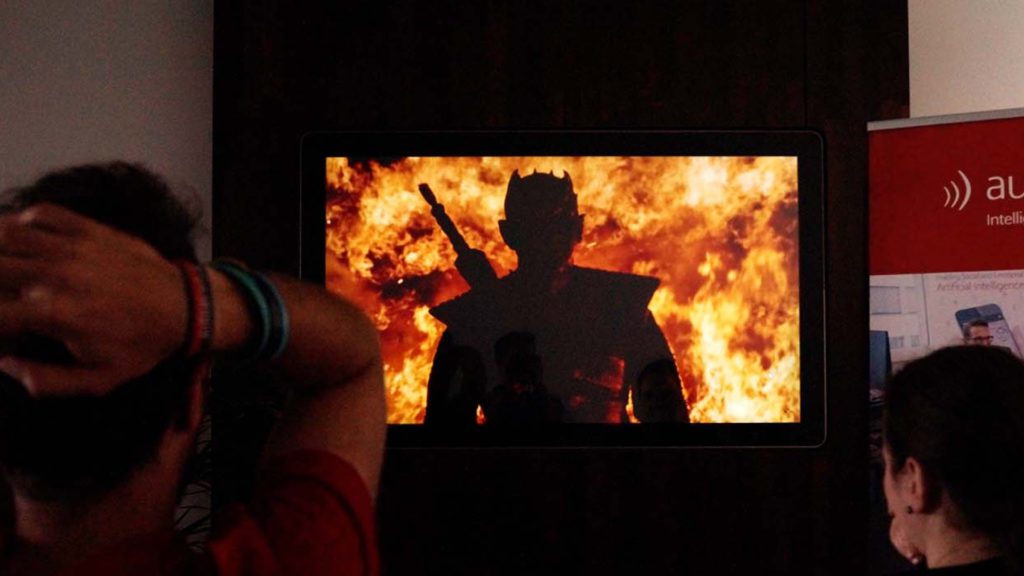
Well, I think you can imagine what happened next. We placed microphones in the conference room and recorded the audience throughout the screening. Then we passed the acquired data to ExamAIner which is a web application using the emotion recognition audEERING technology in the backend.
